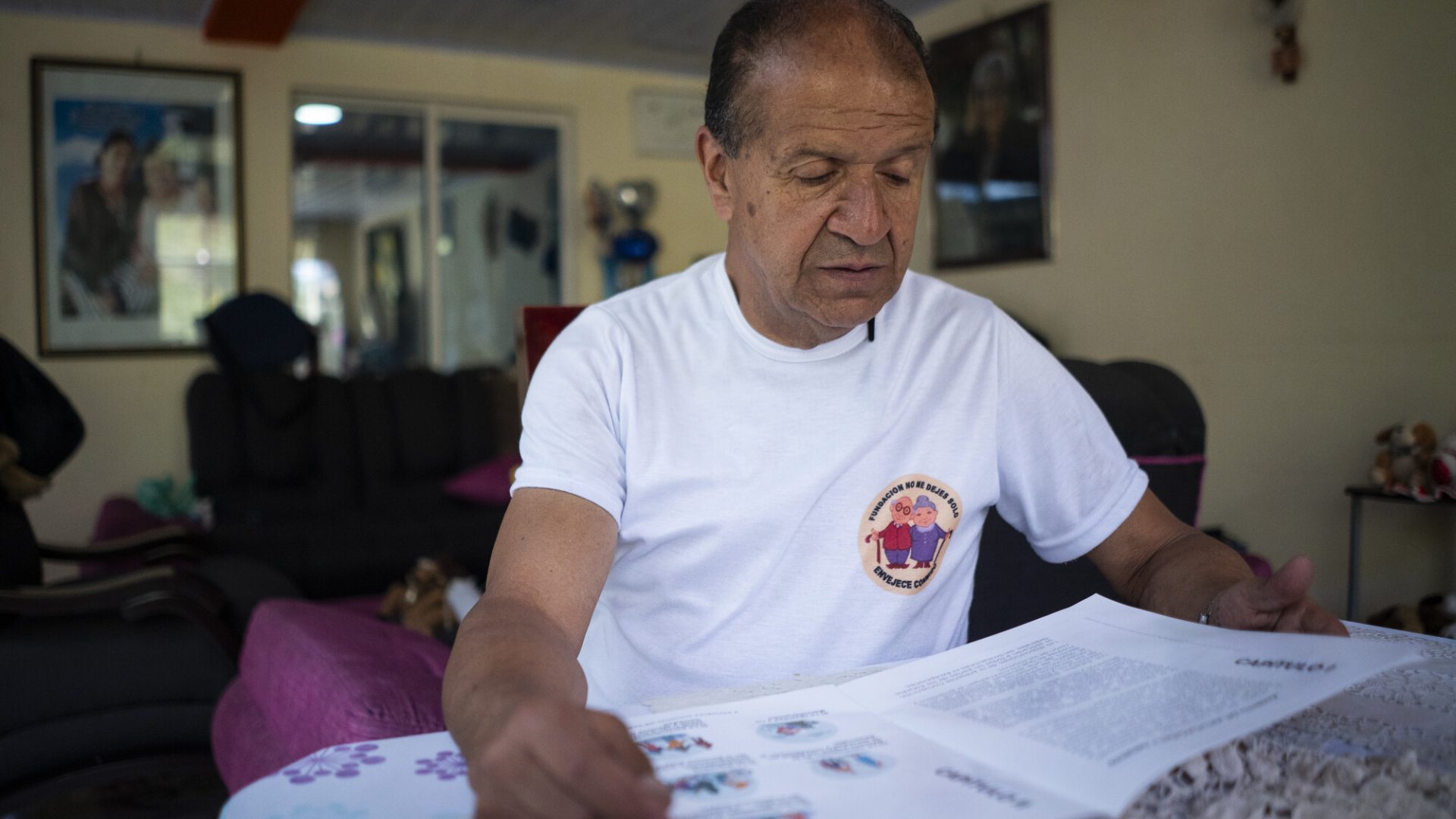The establishment of the new Intergovernmental Working Group (IGWG) at the UN Human Rights Council marks a pivotal moment in our global campaign for a UN Convention.
This Working Group will be tasked with drafting a new international legally binding instrument on the rights of older people. And that could result in a UN Convention on the rights of older persons coming into force.
The first organisational meeting of the IGWG is expected in February 2026, when governments will decide its structure and ways of working. That’s when the formal process begins — but the groundwork starts now. There is no time to rest.
We need to ensure this process is inclusive, effective, and grounded in the lived experiences of older people everywhere. That means making sure civil society and older people themselves are at the heart of the discussions from the very beginning.
Actions you can take now:
1. Ensure civil society participation in the IGWG
The drafting process must be inclusive and reflect the lived experiences of older people. As a representative of civil society, you should talk to your government to make sure that you are able to take part in the discussions.
- Do you hold accredited ECOSOC status?
This means that you already have the right to take part in the process having earned the official status granted to NGOs by the UN Economic and Social Council (ECOSOC) to allow them to participate in UN activities.
Make sure that your government knows that you are accredited and will be part of the process.
- Were you accredited to the Open-Ended Working Group on Ageing (OEWGA)?
If so, we encourage you to talk to your government to ensure that, as an NGO previously accredited to OEWGA, you also have the right to take part in the process. Your continued involvement will align with established UN practices, such as those for the Convention on the Rights of Persons with Disabilities.
Secure your government’s support in making sure that OEWGA accreditations are recognised.
You are the expert in the rights and lived experiences of older people and it is important that your government knows that your voice should be heard.
2. Build the foundations for the Convention
Governments should ensure the Convention has strong foundations and this can only be achieved if they consult with civil society on its content.
The first two substantive IGWG sessions – scheduled to take place in July and October 2026 – should focus on defining the purpose, general principles and scope of the Convention before starting to draft detailed articles.
Urge your governments to consult with older people and broader civil society about the contents of the Convention.
3. Make the voices of older people heard
The IGWG should prioritise the full and meaningful participation of older people in all their diversity in the process – as well as their representative organisations from all over the world.
Encourage your government to include older people in their delegations at the IGWG. Older people must have a seat at the table and ample speaking time during IGWG sessions. Their voices must be heard!
4. Take part in the IGWG discussions
Call on your government to ensure that Member States ensure IGWG sessions are accessible remotely for those who cannot travel to Geneva. Governments should support hybrid participation to ensure transparency and inclusion of older people from all regions.
Hybrid participation will ensure transparency and that older people from all regions, especially the Global South, can be included in the process.
5. Keep an eye on the progress of the IGWG
The IGWG process should be transparent and all documents and drafts submitted to IGWG should be published online. This should include easy-to-read formats, and sessions should be webcast and recorded so that civil society can contribute meaningfully and be informed.
Next steps – stay involved
As the Convention drafting process evolves HelpAge will be organising member consultations on the proposed content of the convention, sharing advocacy toolkits and supporting members in their national-level advocacy more broadly.

